Parasite
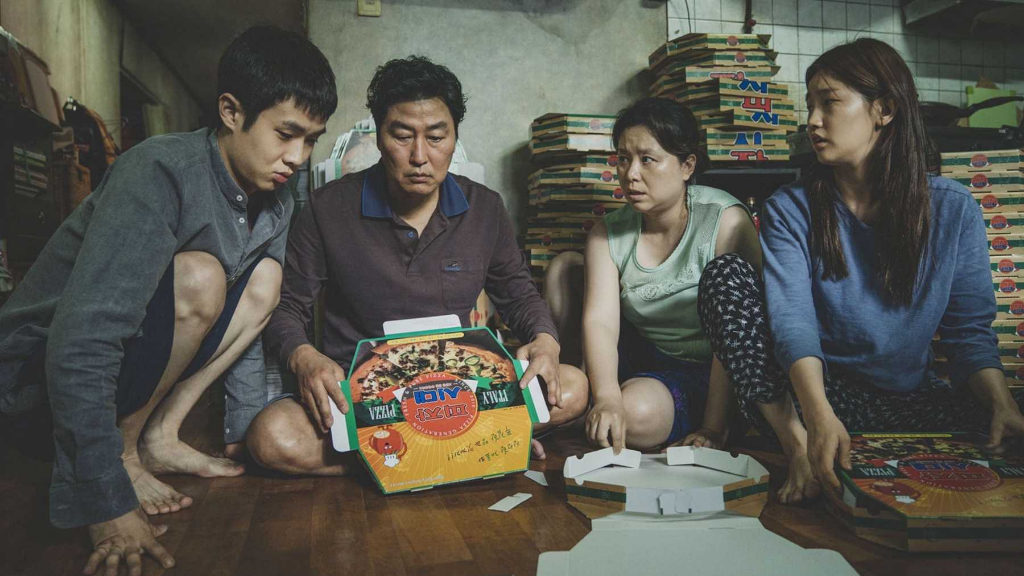
By now, praising Parasite seems somewhat beside the point. Bong Joon-ho’s 17th directorial outing won the Palme d’Or at Cannes by unanimous vote (the first since 2013’s Blue is the Warmest Colour to do so) and has just been awarded BAFTAs for Original Screenplay and Foreign Feature. It has been nominated for six Oscars, including Best Picture. With each film festival outing, it has received a new wave of five-star reviews – and it hasn’t even had its UK release yet. The job of a review now, as so often with critics’ and commercial darlings, is to decide whether it lives up to its hype. It does.
It concerns the Kim family: a young man, Ki-woo (Choi Woo-shik), his sister (Park So-dam), their mother (Chang Hyae-jin) and their father (Song Kang-ho), grifters living in a tiny semi-basement apartment in Seoul’s underbelly. When an opportunity arises for the family to ingratiate themselves as workers for the rich Park family (“simple” mother, arrogant man-of-the-world father, two children), they seize on it with malicious glee. Their determination to get ahead by any means becomes complicated by a second-act revelation that leaves us grasping for a foothold on reality.
Bong is a master of code-switching, dancing effortlessly from the Kims’ cramped world to the spacious heights occupied by the Parks (literally – they live on a hill). One beautiful sequence tracks the Kims as they descend from their palatial workplace down to their dingy, bug-infested basement flat. The imagery is all too grindingly obvious to the scheming protagonists – “This is so symbolic!” exults Ki-woo at several moments. The appearance, norms and language of the Parks’ lifestyle are put on and off by the Kims with an ease that belies their sense of difference. Their language, especially, reflects their performance of cultured but submissive politeness with slippery ease. Privately, they ridicule the Parks with abrasive vulgarity. But Bong, both visually and in the script, skewers the desires and fears that lie beneath the surface of both worlds. When those hidden tensions emerge into the light, the film reaches a brutal climax.
Much has been said about Bong’s ability to switch between genres, too – his effortless lacing-together of horror, comedy and psychological drama. But it goes even further than that. Bong does not just move between moods seamlessly; he allows the audience to experience multiple genres at the same time, within a single shot or even a single word. The audience’s laughter at several undeniably frightening moments was not a forced response to discomfort – it was part of that discomfort, and at the same time a real reaction to the film’s comedy. As cinematic manipulation goes, it doesn’t get much more sophisticated than this.
There is so much to praise about Parasite. The ensemble cast is, without exception, perfect. The music is a perfect counterpoint to the plot’s creeping tension. I suspect that every rewatching reveals yet another layer of rich symbolism, smart dialogue and carefully-orchestrated shots. For now, it seems enough to say that it is haunting, uncomfortable, unexpected, bizarre and brilliant.
Malin Hay
Parasite is released nationwide on 7th February 2020.
Watch the trailer for Parasite here:


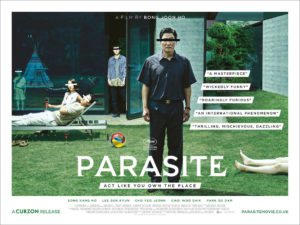
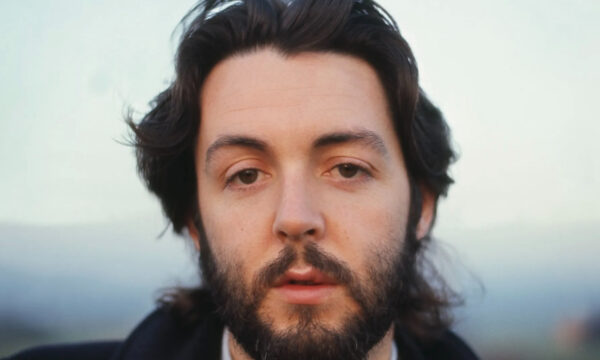
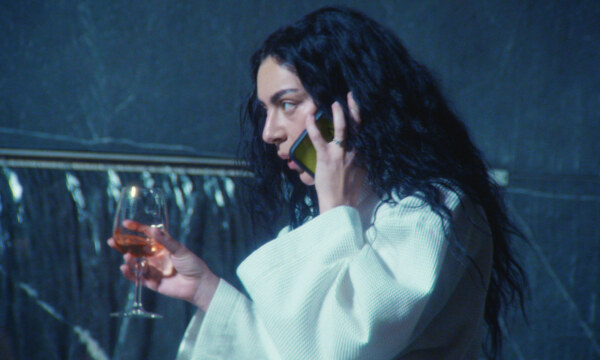
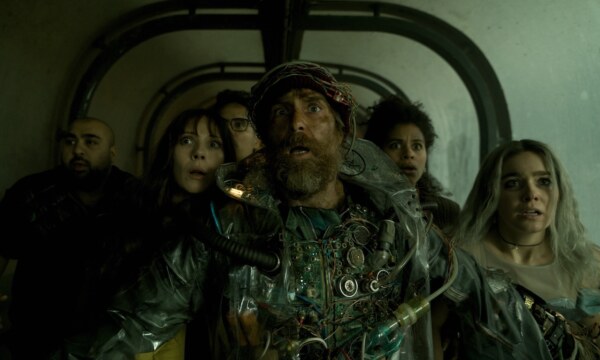
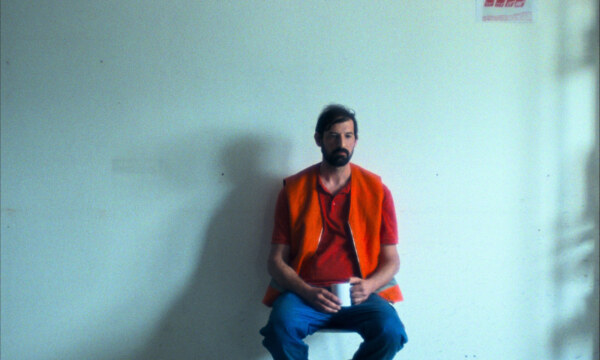
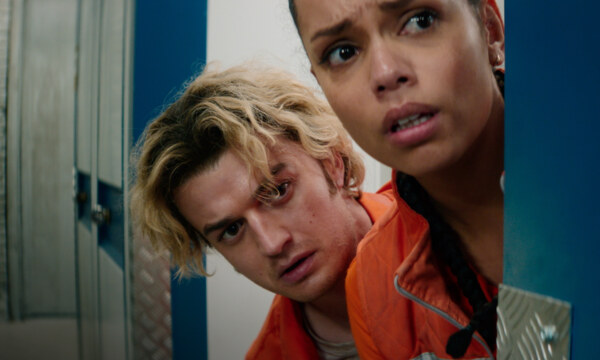
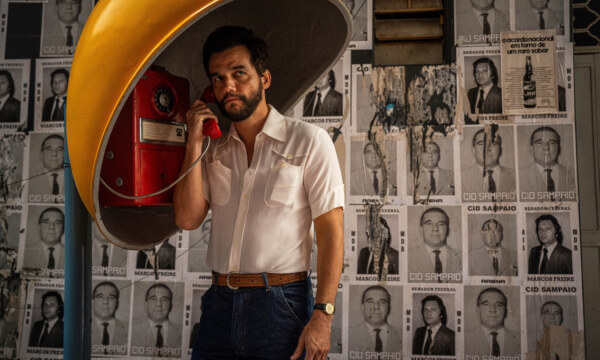
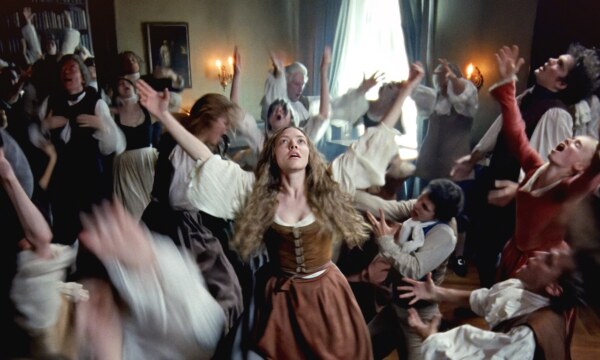
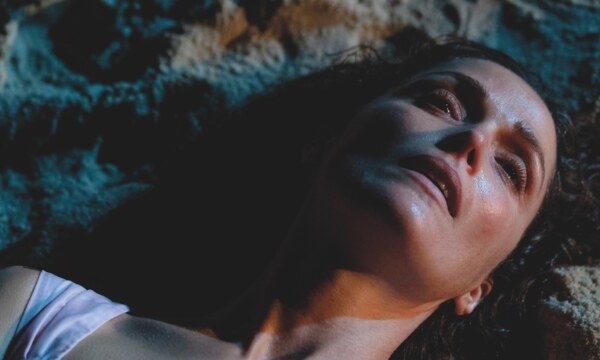
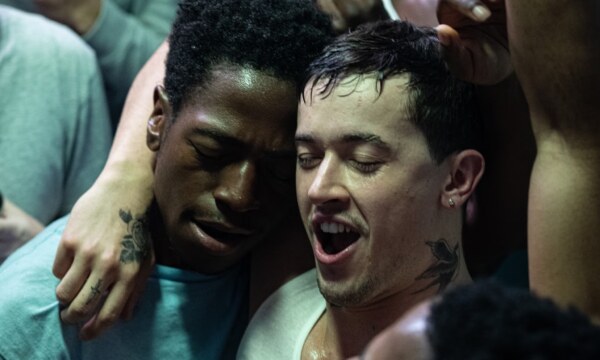
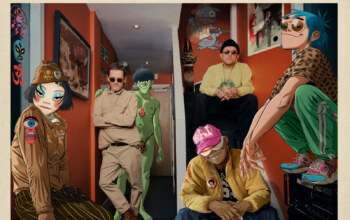


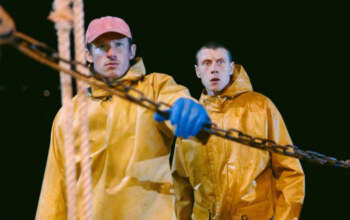
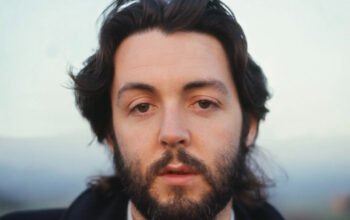










Facebook
Twitter
Instagram
YouTube
RSS